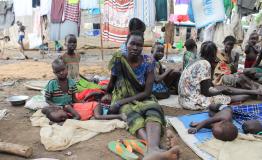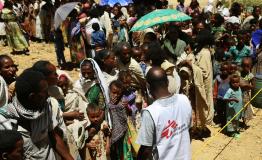
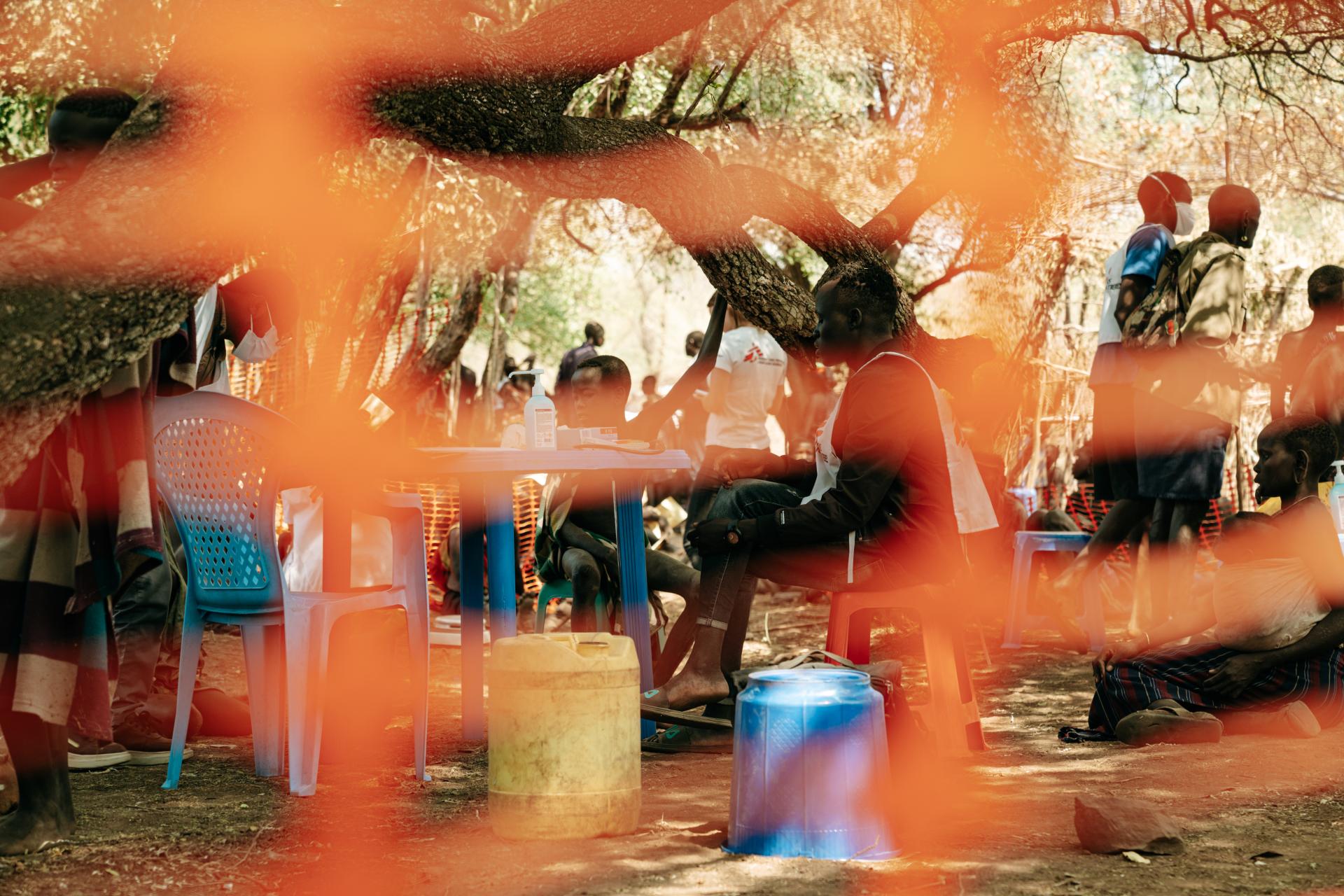
Ethiopia
Médecins Sans Frontières (MSF) delivered vital assistance to people affected by conflict, drought, floods and disease outbreaks in seven regions of Ethiopia in 2024.

313,400
313,4
104,900
104,9
3,460
3,46
370
37
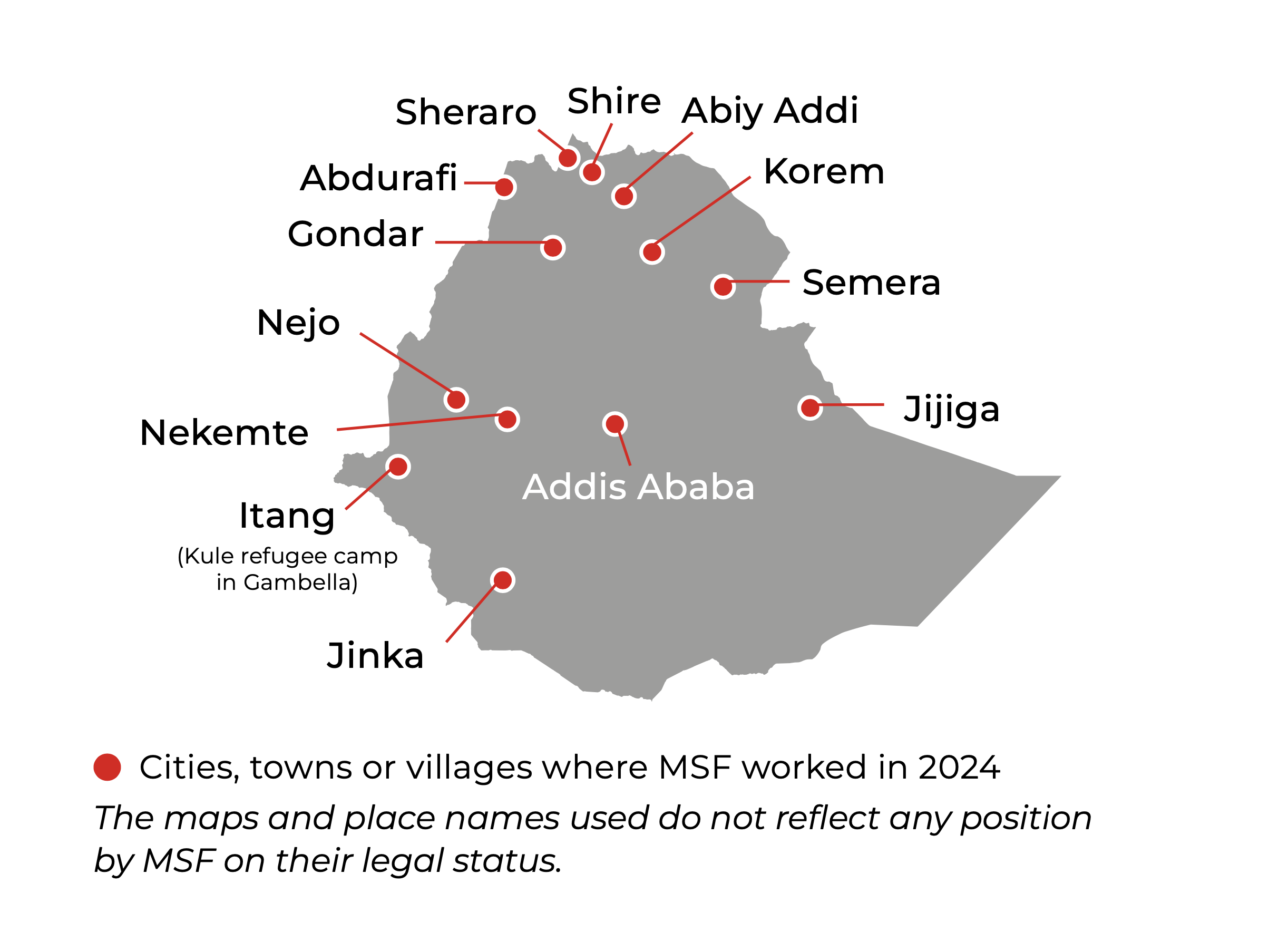
Insecurity and administrative challenges continued to hamper humanitarian access to over 21 million people in need of assistance across the country in 2024.
In Gambella, we provided essential care at a health centre in Kule refugee camp. This included specialist treatment for malaria, malnutrition, and sexual and gender-based violence (SGBV), and vaccinations, including for malaria.
In Somali region, MSF’s emergency team responded to malnutrition, disease outbreaks, and mass displacement.
In Afar, we ran water and sanitation activities and an inpatient therapeutic feeding unit. We also supported the regional hospital’s paediatric department and a cholera response.
In the South Ethiopia and Southwest Ethiopia Peoples’ regions, we used mobile clinics to deliver care for malaria and measles, as well as kala azar (visceral leishmaniasis).
In Amhara, our teams provided emergency healthcare for people affected by the ongoing conflict, and continued to focus on preventing and treating neglected tropical diseases, such as kala azar and snakebites.
In Tigray, we ran a range of services, including maternal and child healthcare, a nutrition programme, and treatment for SGBV. In addition, our mobile teams worked in hard-to-reach areas and repaired over 600 water pumps. We also rehabilitated several departments in Abiy Adi General hospital.
In Oromia, we responded to a surge in malaria cases at two hospitals, and ran mobile clinics, conducting health promotion and water and sanitation activities, and distributing mosquito nets.
In Korem, we ran mobile clinics and supported the general hospital’s maternal and child health and emergency departments.
Calling for accountability for the death of our colleagues
On 24 June 2021, our colleagues María Hernández Matas, Tedros Gebremariam Gebremichael and Yohannes Halefom Reda were brutally and intentionally killed, while clearly identified as humanitarian workers, in Tigray. After extensive engagement with the Ethiopian authorities, we still do not have any credible answers regarding what happened to our colleagues. MSF will keep pursuing accountability for this incident, with the hope that this will help improve the safety of humanitarian workers in Ethiopia.

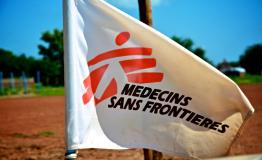
MSF: Horrified by the brutal murder of three colleagues in Ethiopia
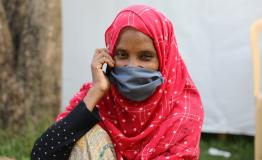
Renewed hope: Caring for deported migrants in Ethiopia
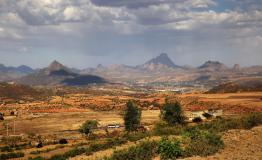
Ethiopia: People in rural Tigray hit by impact of crisis and humanitarian neglect
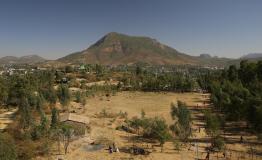
Ethiopia: “I turned around and started running and that is when I was shot”
